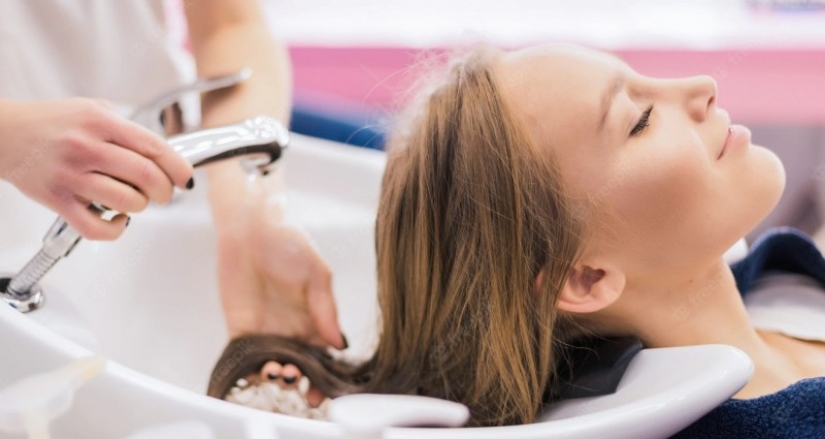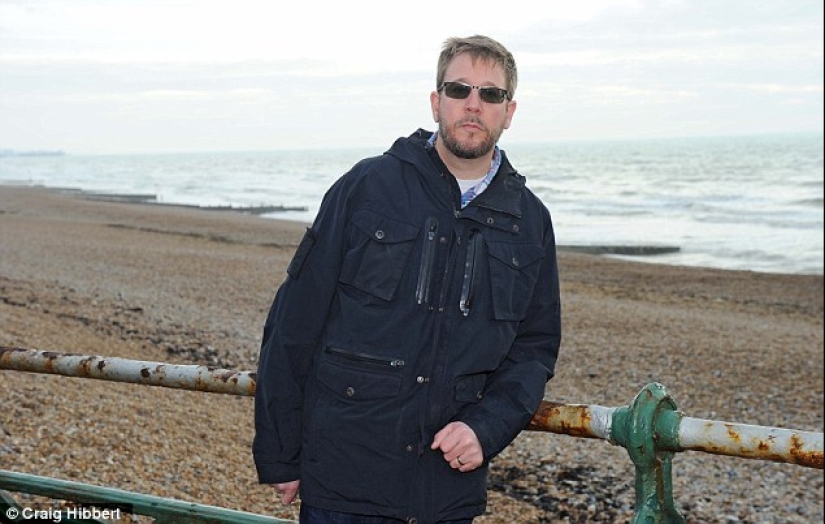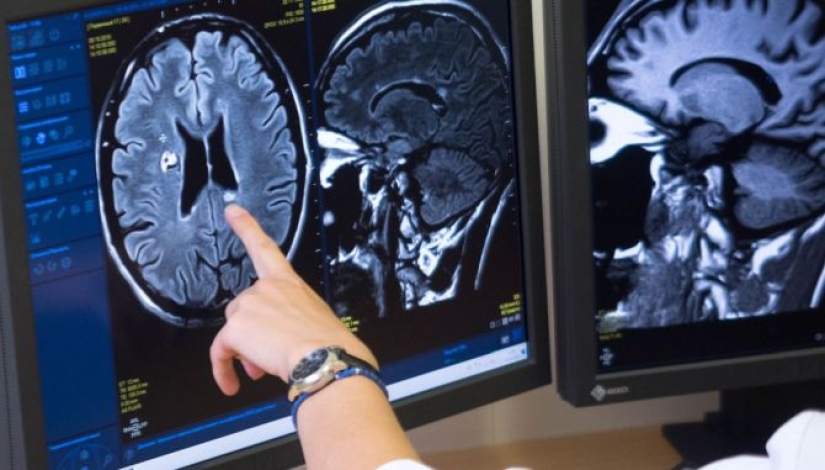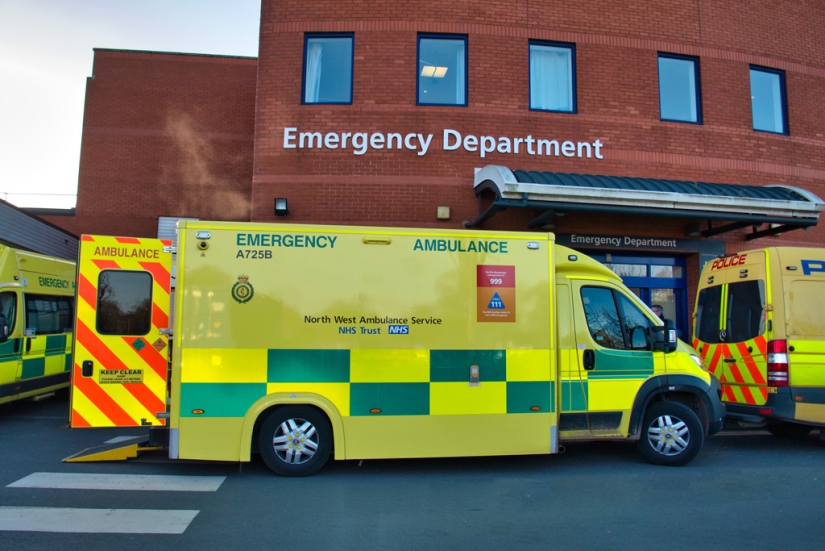Beauty salon syndrome — why a visit to a barber shop can lead to a stroke
Categories: Health and Medicine
By Pictolic https://pictolic.com/article/beauty-salon-syndrome-why-a-visit-to-a-barber-shop-can-lead-to-a-stroke.htmlWe will immediately calm down the most suspicious and say that the "beauty salon syndrome" is extremely rare. All cases recorded by doctors can be listed by bending the fingers of two hands. But everyone should be aware of the risk associated with shampooing in a barber shop, even if it is minimal.

One of the most famous cases of "beauty salon syndrome" occurred in 2011. Then 45-year-old sound engineer from the UK Dave Tyler, as usual, came to the barber shop to get a haircut. Before that, he had his hair washed in a special sink. After visiting the salon, Tyler started having severe headaches, and two days later he had a stroke.

It was possible to link a visit to a barber shop and a stroke thanks to the very headache that did not leave the man for a minute until he was hospitalized. After studying the circumstances of this case, neurologists quickly found the cause. When a barbershop customer washes his head, he throws it back hard. At the same time, the person presses his neck tightly against the edge of the sink so as not to wet his clothes.
In this case, the carotid artery, which supplies the brain with blood, is squeezed. This causes circulatory disorders and can cause the formation of a blood clot. Doctors believe that the primary blood clot formed in Tyler's artery during shampooing. This caused headaches, which became the harbingers of an ischemic stroke. Two days later, the blood clot broke off and its parts blocked the vessels in the brain.

For the man, everything ended relatively well. He spent three months in the clinic, and then sued the beauty salon for 90 thousand pounds (6.8 million rubles). Until now, no one can say with certainty whether Tyler will be able to fully recover from a stroke and when it will happen.
Stroke specialist from the University of Manchester, Professor Pippa Tyrrell (Pippa Tyrrell) commented on the story of Dave Tyler. She believes that people who have become victims of the "beauty salon syndrome" had a predisposition to stroke before. It could be expressed in the dissection of the artery wall and washing the head only gave a boost.
Neurologist Michael Weintraub, who has been studying the problem for many years, was the first to call it "beauty salon syndrome". The doctor first encountered strokes after washing his head back in 1993. Then he examined five women aged from 54 to 84 years who had a stroke after visiting a hairstyle master.

Considering that cases of strokes after shampooing are rare, it is hardly worth worrying about. Doctors believe that only those who have problems with blood vessels or cerebral blood supply are at risk. In general, a stroke in a barber shop can be obtained not only because of a clamped artery, but also at the sight of the result of the work of "masters".
Recent articles

You felt it unpleasant feeling for you someone is watching? Or that someone is under your bed? This was inspired by Brian Coldrick, ...

It seemed to photographer and photo editor Carrie Boretz that New York was always crowded with people who knew nothing more than to ...

The terrorist attack of September 11, 2001, shook the world. The center of the tragedy was the twin towers of the World Trade ...